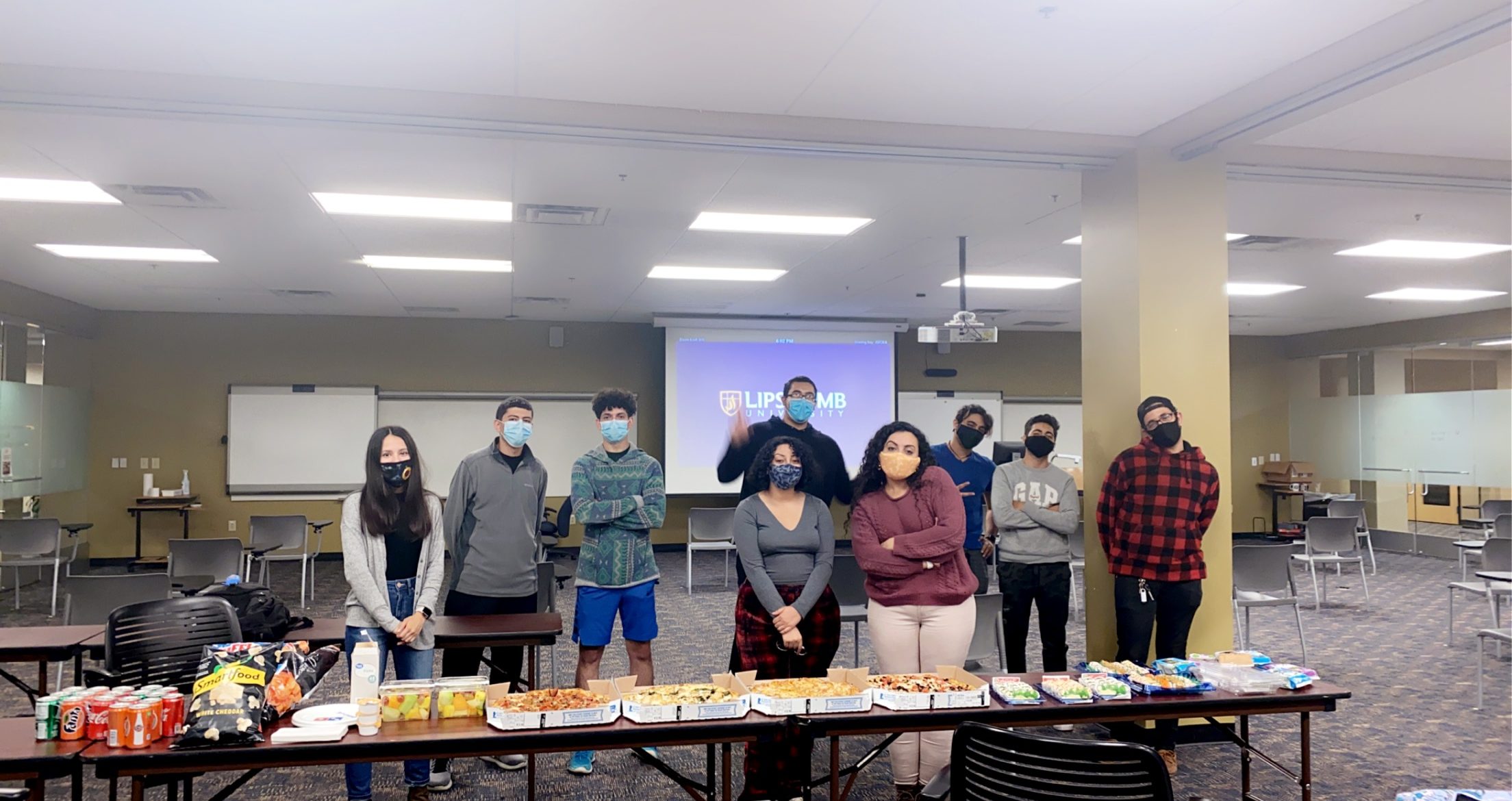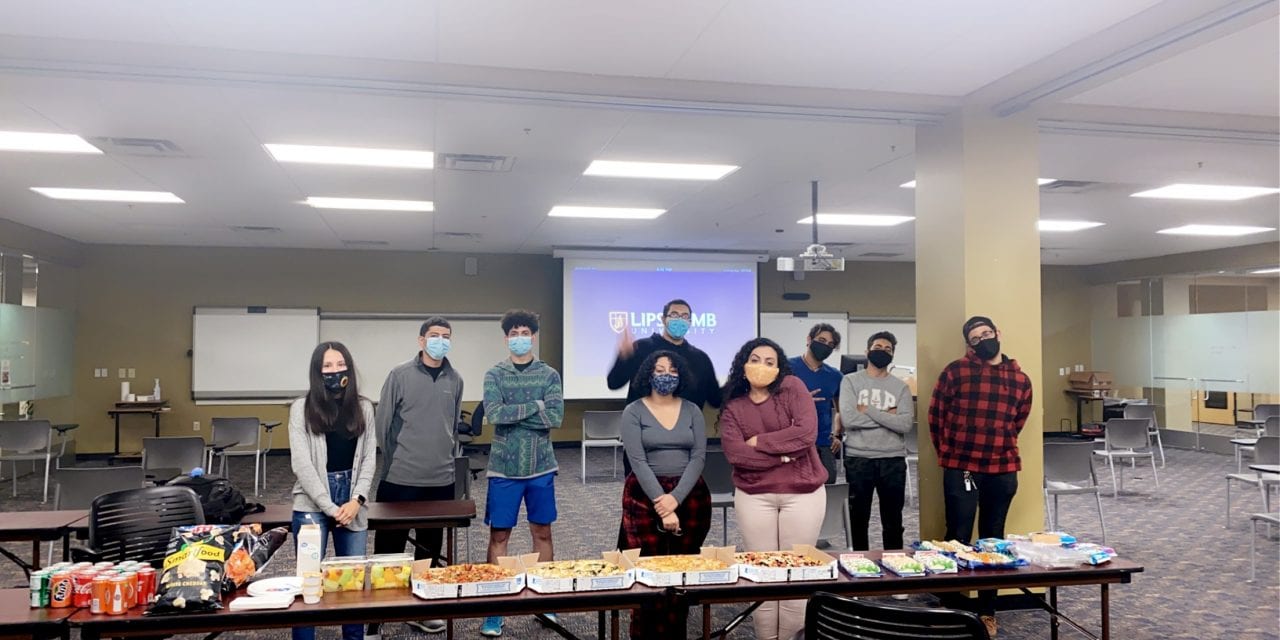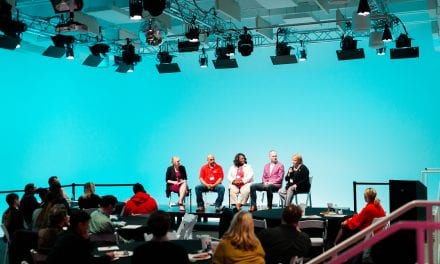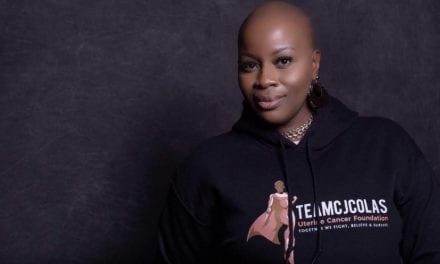Nonprofit Persist Nashville wants to empower Nashville public high school graduates to earn a college degree. Per the organization, 26 percent of students who graduate from Metro Nashville Public Schools (MNPS) are earning a postsecondary degree. The organization says that this figure is only about half of the national average for graduation rates. Persist Nashville’s intention is to “unify our community to double [the] college graduation rate at 1/4 the cost of most existing programs.”
Persist Nashville Executive Director Scott Campbell defines himself as a “career educator.” Over his 16-year career, he has worked for six different schools as a teacher, coach, and administrator. Among his career stops, he served as a teacher and assistant principal at Thomas Jefferson High School for Science and Technology, the nation’s top-rated public high school. He currently sits on the TN State Board of Education Charter Schools Appeals Board. He tells Launch Engine that the impetus for Persist Nashville came from the first graduating class of RePublic High School, a local charter high school that Scott oversaw as principal.
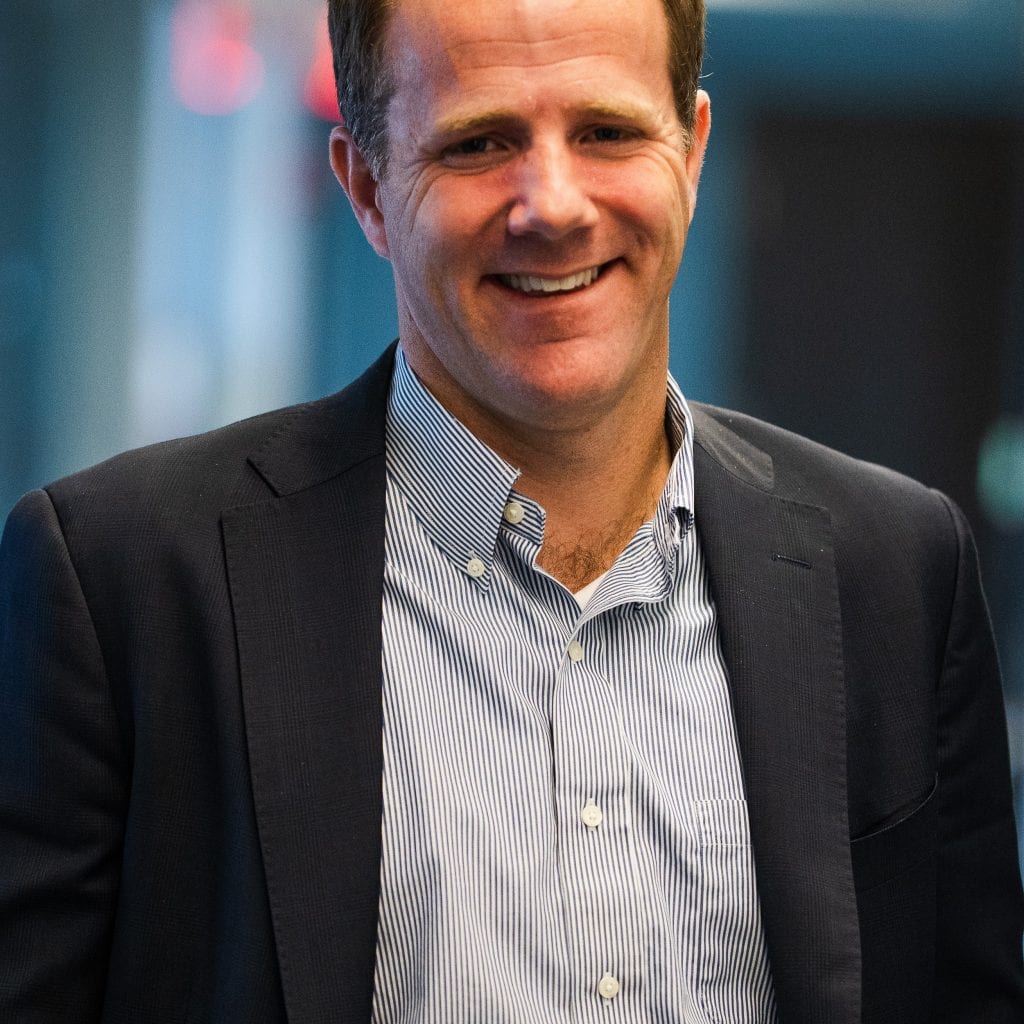
Scott explains that he was inspired by the Knowledge is Power Program (KIPP) Public Charter Schools model of preparing students for college through programs such as an alumni support system or college persistence coaching. He says, “We really wanted to kind of create a model at RePublic High School, like KIPP has… We went to our CEO, who is John Rybka, of RePublic Schools, and said ‘Hey, this is what we’d really like to do for our seniors as they’re leaving. We want to continue to coach and support them.’ And John said, ‘Yeah, I’d love to too, but I can’t afford it. It’s too expensive.’”
Scott learned that the money KIPP spends is between $2,000-$4,000 per student to provide college persistence coaching for four years after a student graduates. Unfortunately, it became clear that spending a comparable amount for RePublic Schools alumni really wasn’t feasible. John told Scott that if he came up with a more cost-conscious, scalable solution, he would agree to help. However, by way of encouragement, he also told him that such a solution would be something that could potentially help a lot of people.
“We saw a big problem,” Scott says. “We saw that, you know, there was a need. We had, on a selfish level, kids who we really cared about—about 115 graduates at RePublic—we really wanted to continue to work with and provide support to.”
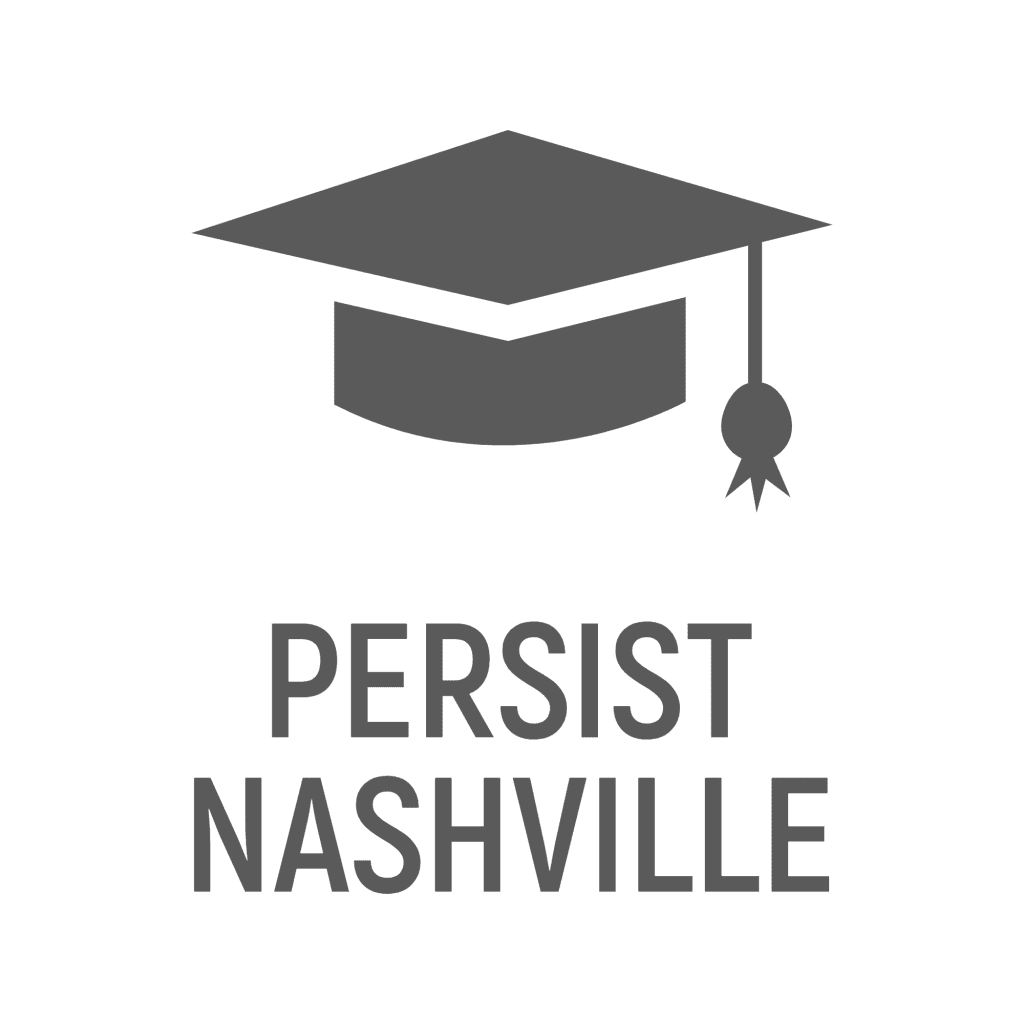
Setting off to tackle the issue, Scott describes his experience of putting together what would become Persist Nashville. The year and a half journey has been both “a rollercoaster, and also rewarding” for him. Without doubt, he’s seen momentum in what he’s doing. Furthermore, Scott says that the potential for the nonprofit Persist Nashville is something that could be modeled in other cities as well.
Scott says, “We wanted to serve kids, and we wanted to get a better understanding in terms of research. Like, what’s really happening to our students?”
Digging into the matter, Scott noticed that there were a few common roadblocks barring the progress of MNPS students—such as financial constraints.
“I’d say about 85 percent of our students are working full or part-time. And, you know, having to support themselves, pay for school, support family, and… balancing-out school and work is a challenge,” Scott says. While he feels that scholarship and mentoring program Tennessee Promise is a great asset, very few of the MNPS students that Persist Nashville works with are able to use the program. This is because it’s “a last dollar scholarship,” which only applies if college tuition isn’t already covered by other forms of scholarships, such as Pell Grants. What’s more, Scott says that Tennessee Promise doesn’t cover the additional costs incurred by students, such as college textbooks or transportation.
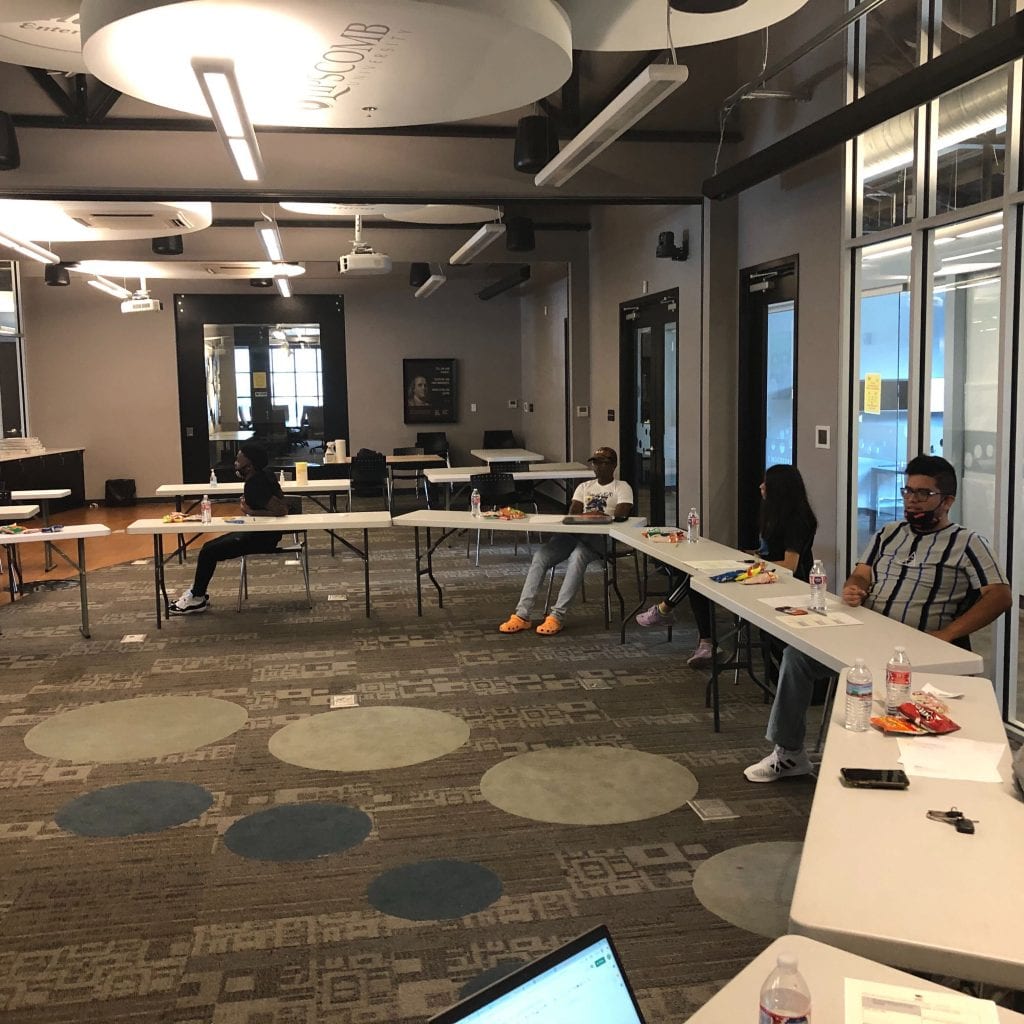
The nature of available support services for college students is confusing for many of them. Food pantries, tutoring, free mental health counseling, and other programs may be there for students, but Scott points out that many MNPS students don’t know how to use them or even know that they exist. He states, “Those things exist at almost every university, and yet, I find with many of our students, they have trouble accessing and navigating [them].”
Per Scott, one of the biggest thorns in the paw of Nashville’s education system is “summer melt,” where approximately 25 percent of the students who were actively planning to go to college aren’t actually enrolling. He says that a portion of this problem may be due to the inability to reach personnel at higher learning institutions.
Personal emergencies can also play a role in why MNPS graduates don’t earn their degree. Whatever one’s concern may be, it can seriously change a student’s priorities if they have other problems to worry about. Sadly, once students miss a few weeks of school, they might be inclined to write off the postsecondary path altogether.
“If you drop off, then you lose that financial aid…. You’re no longer Pell-eligible. You’re no longer Tennessee Promise-eligible. And then re-enrolling in school is [a] $2,000, $4,000, $5,000 cost, and it’s not just something that they can handle,” Scott says.
Scott opines that many of these problems could be solved with the right coaching for students. Created to provide such coaching, Persist Nashville is currently working with MNPS, some charter schools, and nonprofits in the area. Their partners include the YMCA of Middle Tennessee’s Black Achievers and Latino Achievers programs, and Oasis Center, helping the students it coaches not merely enter college, but stay in college. He says, “We see ourselves as filling that gap. There are so many programs and nonprofits out there that do great ‘access work.’ We do the ‘persistence work.’”
So what does this “persistence work” look like?
Simply stated, Persist Nashville’s students are enabled to stay in college, comforted in the knowledge that the nonprofit gives them access to an emergency fund, 65 professionals in different industries in Nashville who can virtually meet with a student once a month for vocational mentoring, and care spent over career development. The window for optimization of career exploration, Scott finds, is in the first few years of college, as that can change the course of study for a student.
There’s also a technology side to what Persist Nashville does via its student data management. This allows them to both track progress of students and scale what they’re doing at a much lower cost since it’s more efficient. Yet, even with certain costs reduced, funding such an effort is still a major task. Scott acknowledges this, saying, “Even though we’re a nonprofit, to create some sustainability in being a nonprofit, we don’t just want to rely on philanthropic giving. Our vision is to have a model that also has schools, or even universities, K-12, or other nonprofit partners pay for us to work with their students. We are confident we can do this work at a much lower cost per student and do it really well helping other organizations fulfill their mission better.”
But is the path to a postsecondary education worth the hassle? To any critics of the benefits of a college education, Scott points out a few things:
First, the definition of “college” can include education in a trade. Persist Nashville works with such students trying to earn such certifications. Second, the ability to critique the postsecondary education is a middle-to-upper income experience, and lower income communities still see such education as means to upward mobility and access to better pay.
“It’s still a gateway for our students,” Scott says. He asserts that despite any reservations one might have toward various types of colleges, they’re the best way for students to attain education and practical job experience.
For the immediate future, Persist Nashville is trying to establish stronger relationships with local businesses to help mentor students. The nonprofit has been working with a Google Executive to help different organizations find ways to work with the students in the community. Scott says, “One of the problems that many businesses have is that they want a diverse, local talent pipeline. And yet, how do they find that? How do they source those resumes? How do they build those relationships?” Such a partnership would not only let local businesses give back by mentoring students, but could open up jobs for Persist Nashville students down the road.
For further information about Persist Nashville, be sure to visit their website and social media.
